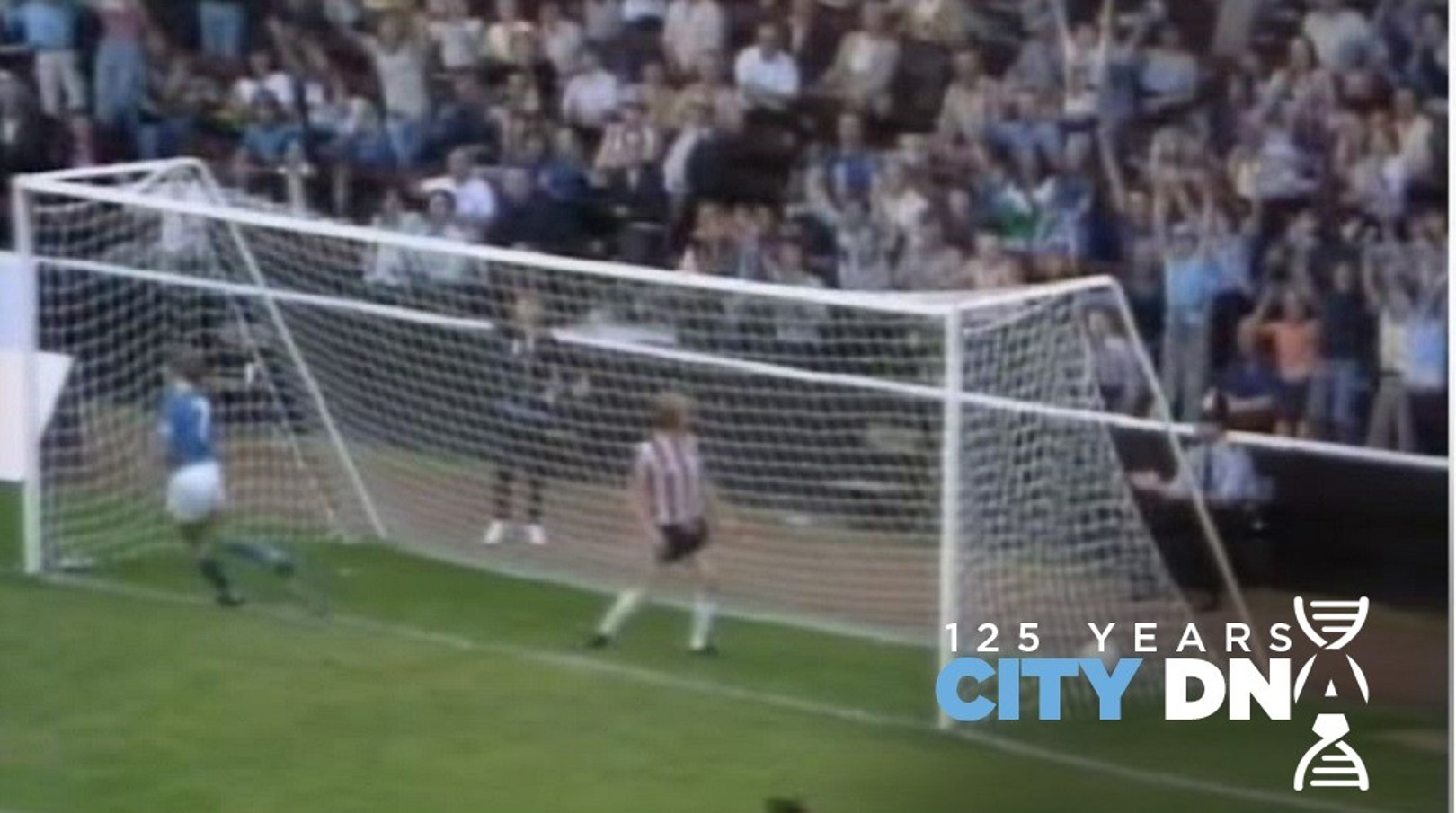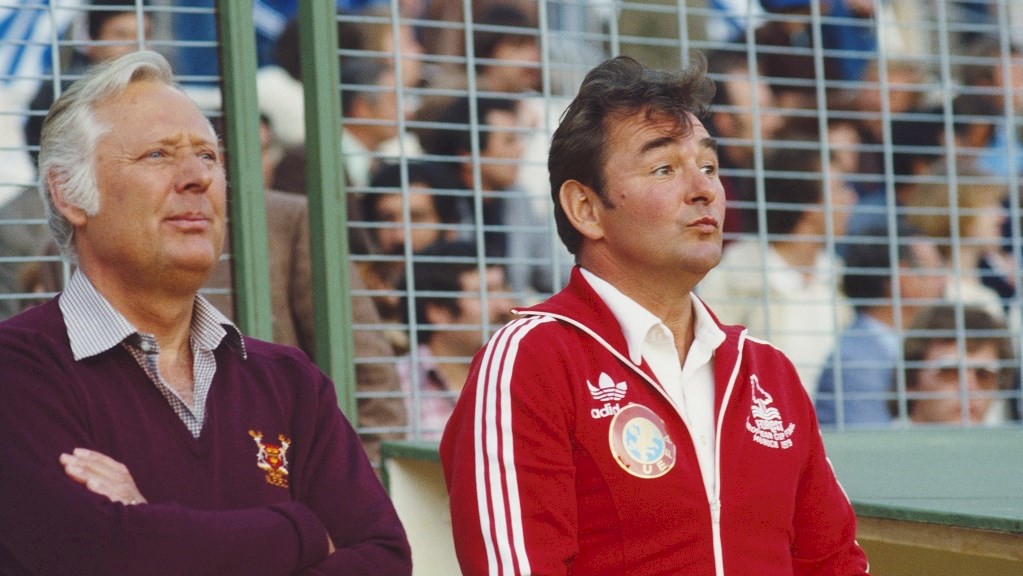The answer is, seemingly, when City are involved.
Hot on the heels of the ill-fated Anglo-Italian Cup of the early 1970s came the slightly less exotic Anglo-Scottish Cup – a successor to the equally glamorous Texaco Cup (which we’ll cover in a future DNA).
It seems the 1970s were a hotbed of half-baked trophies supporters had very little interest in, but the inaugural competition, launched in the summer of 1975, looked to have all the ingredients of an interesting summer tournament.
Along with City, Newcastle United, Sunderland, Middlesbrough, Sheffield United, Chelsea and Fulham – among a dozen others – all entered from south of the border, while Hearts, Aberdeen and Dundee were among the stronger sides from north of the border.
READ: City DNA:#37: The striker who scored 289 goals... in 40 games
READ: City DNA #54: LS Lowry and City
Undoubtedly, had Rangers and Celtic plus perhaps a Liverpool or Manchester United joined in, the interest would have undoubtedly been greater, but the competition’s immediate failing was that there were no actual games against Scottish sides until the group stages had been completed.
Some 16 English sides formed four groups based on geographical location and eight Scottish sides played out a two-legged knockout stage with the four winners meeting the four group winners from England.
City were drawn in a group that included Blackpool, Blackburn and Sheffield United, with all three games played within a week.
The first game was away to Blackpool, with a decent 11,091 turning out at Bloomfield Road and the Division Two side would claim a 1-0 victory over Tony Book’s men.
Book had selected a full-strength City side, packed with internationals, so the result was a little disheartening.
Four days later, it was off to Ewood Park to face newly promoted Blackburn Rovers and again, a decent 10,612 people turned out to see a game settled by Graham Oates’ 70th-minute winner for the hosts.
City had played two and lost two and were already out of the Anglo-Scottish Cup with one game still to play.
That game was against Sheffield United at Maine Road – now no more than a glorified friendly – something that was reflected in the 11,167 gate that day.
Book used the game to give Billy Telford a trial – he had just been released by Tranmere Rovers and got to lead the line with Joe Royle, while Rodney Marsh and Dennis Tueart provided the width.
City won 3-1 thanks to goals from Royle, Marsh and Dennis Lehman, but still finished bottom of the group.
In reality, it had been the Anglo-Anglo Cup for City.
As for the 19-year-old Telford, he did enough to face Macclesfield Town in a friendly a few days later and then a league debut as a sub versus Coventry on the opening days of the 1975/76 campaign – but that’s another story.
City never entered the Anglo-Scottish Cup again, though the following season, Nottingham Forest boss Brian Clough decided to go all out to win it – which they did after a two-legged final against Orient – and later claimed the victory paved the way to claim the top-flight title later that season, plus two League Cups and two European Cups over the next four years.
Plus, any excuse to get the legendary Brian Clough in one of our features is not to be sniffed at.
City would also win a trophy that campaign – the League Cup – so maybe there is some mileage in these so-called meaningless competitions…








